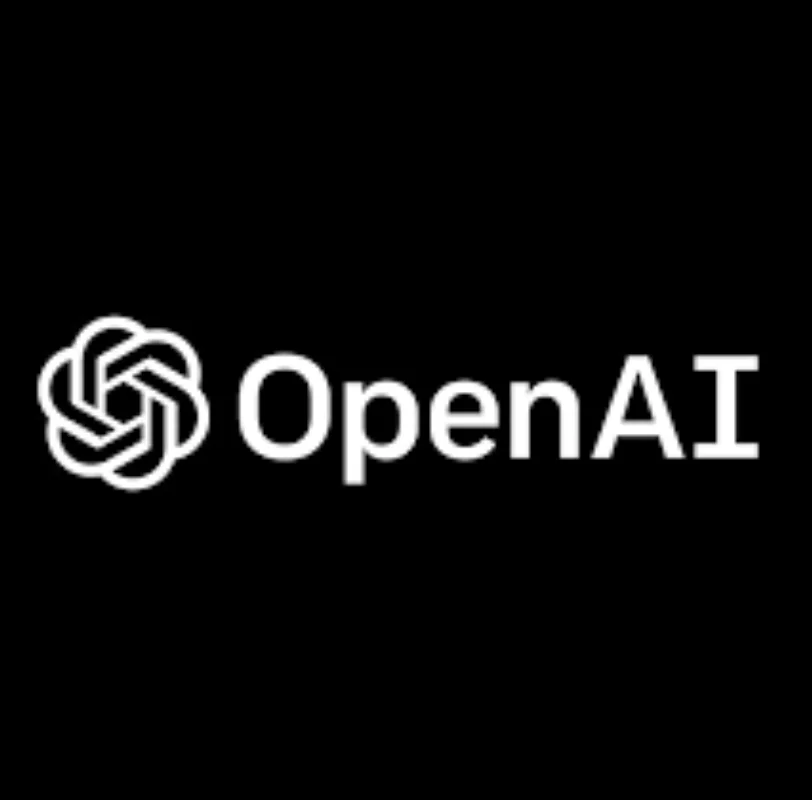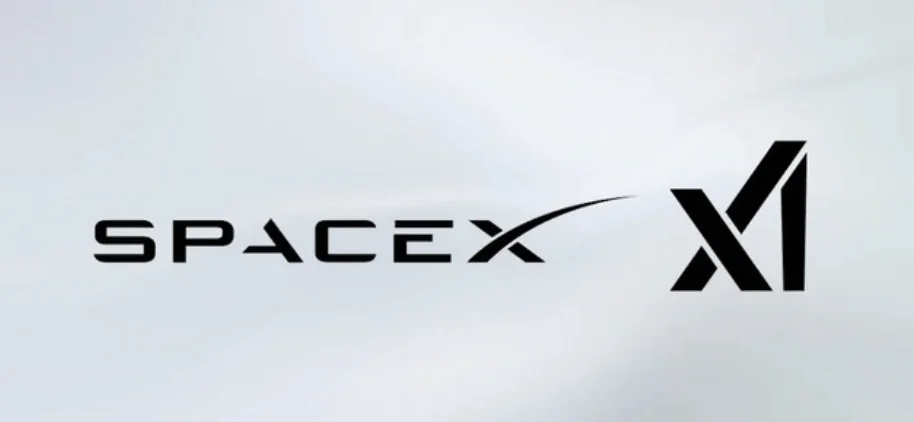Executives from Google and Meta have voiced concerns that Europe’s strict AI regulations are hindering the region’s ability to compete in artificial intelligence. Speaking at the Techarena tech conference in Sweden, senior public policy leaders from both companies highlighted how excessive regulation is delaying AI adoption and product development.
Chris Yiu, Director of Public Policy at Meta, pointed to the EU AI Act and GDPR as key obstacles, explaining that these fragmented regulations lead to delays and diluted AI products, ultimately affecting European consumers. He referenced Meta’s AI-powered Ray-Ban smart glasses, which faced significant regulatory delays in Europe, limiting consumer access to AI-driven speech translation and image recognition capabilities.
Similarly, Dorothy Chou, Head of Public Policy at Google DeepMind, argued that EU regulations struggle to keep pace with AI advancements, noting that the AI Act was drafted before OpenAI’s ChatGPT even launched. She highlighted the U.S. Inflation Reduction Act as an example of effective policy, stressing the need for investment-driven regulation rather than restrictive compliance measures.
The debate over AI regulation has intensified as Big Tech firms increase lobbying efforts to soften EU rules. Kent Walker, Google’s President of Global Affairs, criticized the EU’s latest AI code of practice, calling it a step in the wrong direction, while Meta’s Chief Global Affairs Officer, Joel Kaplan, warned that the current framework imposes unworkable and technically unfeasible requirements.
The conversation has also gained momentum in the Biden administration, with U.S. Vice President JD Vance recently stating that Europe’s focus on AI regulation is stifling growth, while the U.S. prioritizes innovation. Venture capitalists and startup leaders in Europe echoed these concerns, calling for harmonized regulations to make cross-border hiring and investment easier.
Antoine Moyroud, Partner at Lightspeed Venture Partners, stressed that while the U.S. is advancing AI investment through large-scale projects, Europe remains preoccupied with compliance. Meanwhile, tech founders, including Patrick Collison (Stripe) and Taavet Hinrikus (Wise), are advocating for the “28th regime,” a framework aimed at standardizing regulations across the EU to support AI startups.
As the EU AI Act nears implementation, tensions between regulators and industry leaders continue to rise, with calls for a balanced approach that fosters AI innovation while maintaining ethical oversight.






